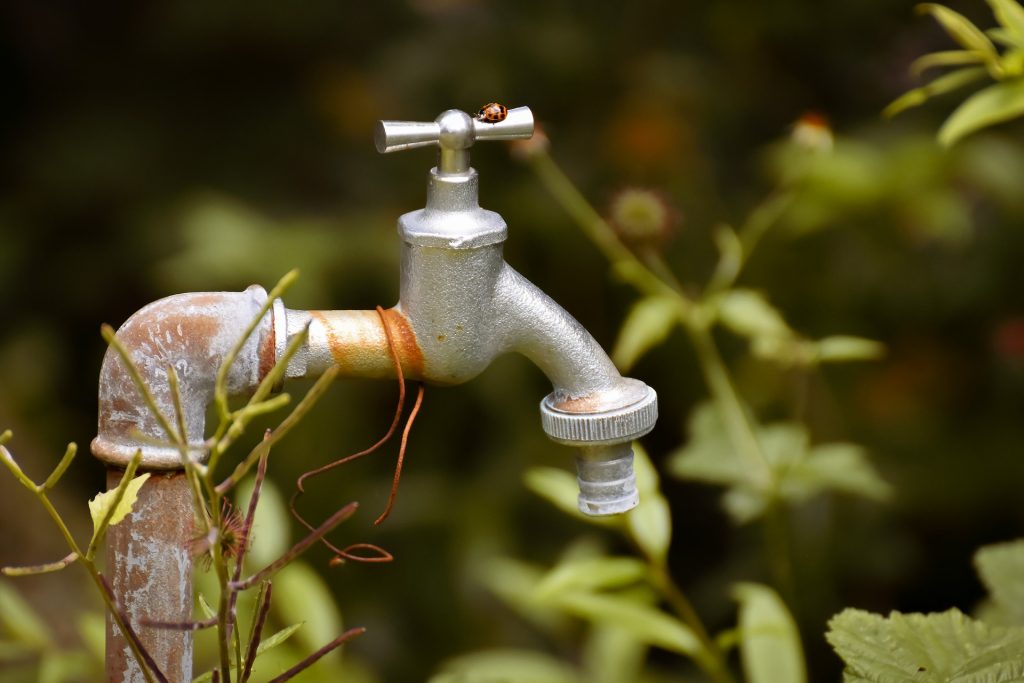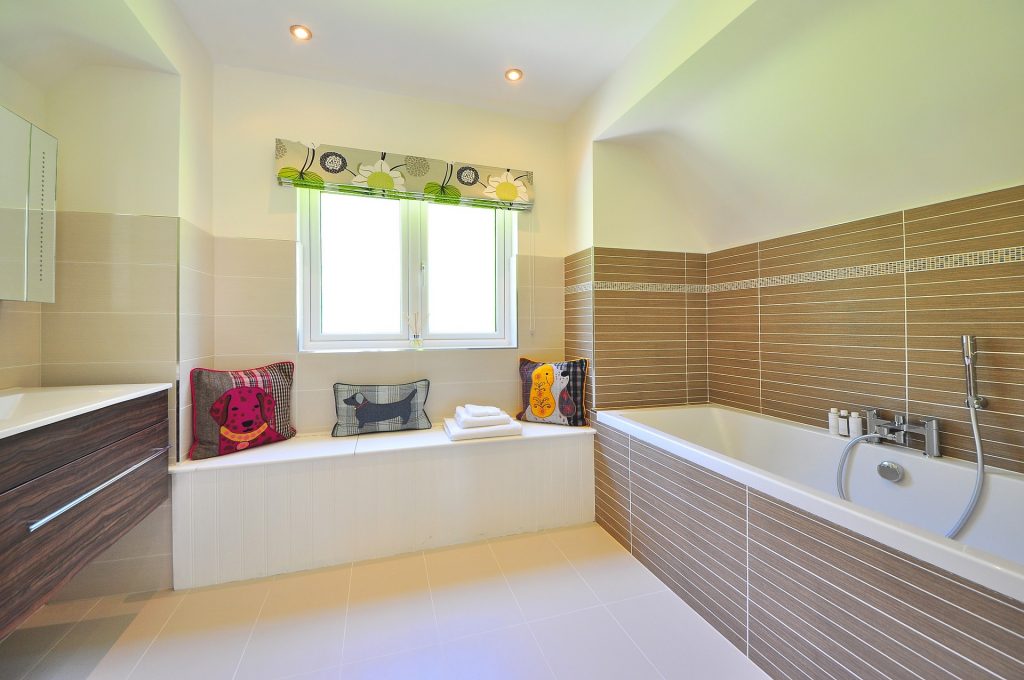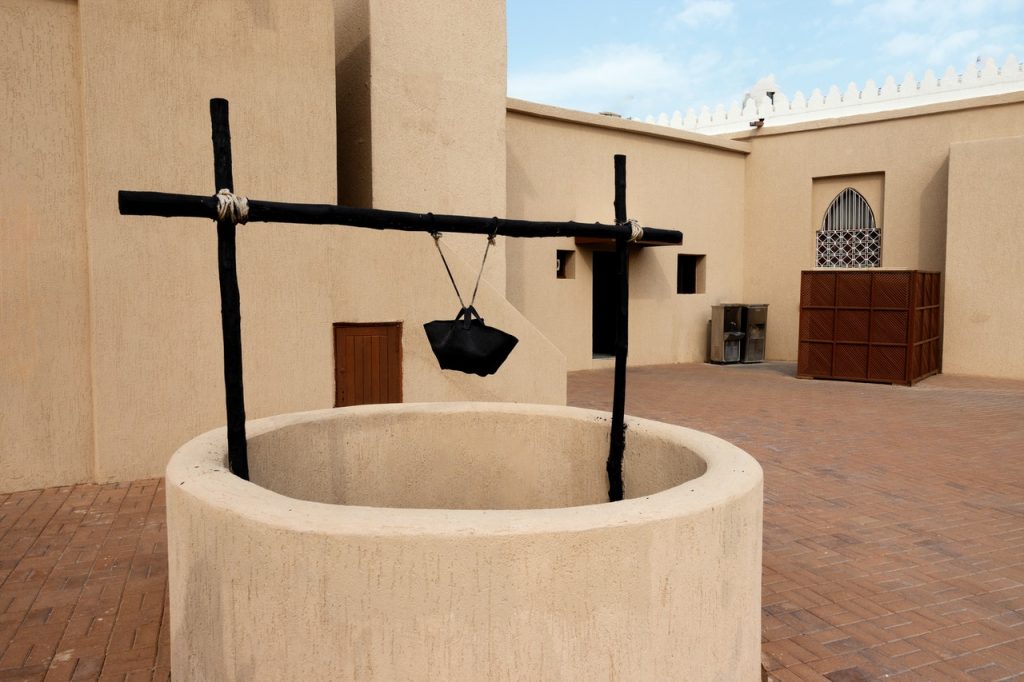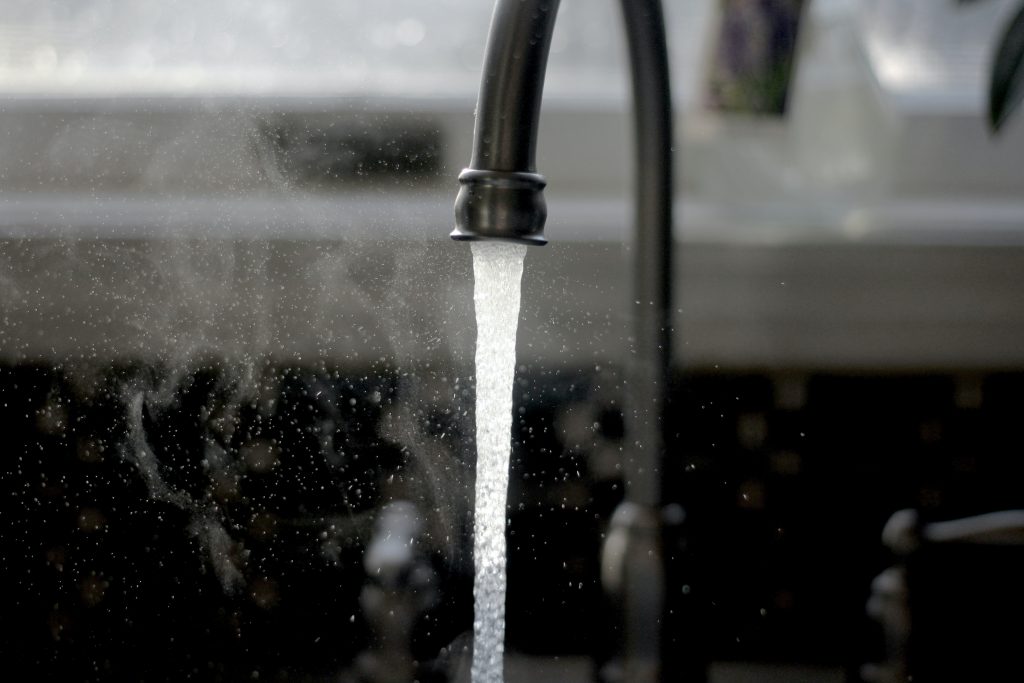Water pipe bursts are a common scenario in many homes. And, even if you have never had one in your home, you certainly know someone who has dealt with this plumbing issue. The fact is, whether it’s in your home’s plumbing system or even on the main supply pipes, bursting of pipes is a common issue that can happen any time and without any warning.
This might, in several cases, cause serious damages, which require an expert’s input and cost you some considerable amount of money. These bursts can result from several factors, including rusty pipes, structural damage to the house, or even improper plumbing.
Detecting and preventing factors that cause pipe bursts, can go a long way in helping you avoid incurring costly plumbing repairs. Lucky for you, we are here to explore this. We will discuss what causes pipes to burst, how to prevent it, and how to deal with it when it occurs.
Top Reasons Why Water Pipes Burst
These are the most common causes of water pipes bursting:
1. Freezing
If you’ve ever wondered what causes pipes to burst in the winter, this is the main culprit—frozen pipes are pretty prone to bursting.
But what causes frozen pipes to burst?
When temperatures remain below the freezing point for long periods, the water running through these pipes also starts freezing.
More accumulation of frozen water into one place applies pressure to that particular area of the pipe. This is because icy water is usually heavier than liquid water. In addition, it expands, causing it to push against the pipes’ walls.
When this pressure is too much, it becomes hard for the pipe to withstand it, eventually bursting. Usually, water freezes at 32 °F or 0 °C. However, this number can go a bit lower, if the water contains impurities.
How to Prevent Pipes Bursting During Winter
● Keep the Water Flowing
Mainly, the water in the pipes freezes when it stays still for long, in below 0 °C temperatures. One way of avoiding this is by keeping the water flowing.
To achieve this, you can slightly open some faucets in the house to allow slow dripping of water. This will help in ensuring that water is not entirely still in the pipes, thus, in a way, preventing freezing.
● Allow Warm Air Circulation to the Cold Areas
Since pipes are often found on the outside walls, they face all the cold exterior weather elements. Directing some warm air to these places, where pipes are located, might significantly help to reduce freezing and subsequent water pipes bursting.
Identify where the pipes are, and then direct the warm air there.
● Install Heat Tape
These are products used to help keep the pipes warm. All you need is to wrap the heat tape on the pipes, and your water freezing problem is sorted. This can be a DIY project, but consulting a professional plumber might be the ideal option.
● Keeping the Cabinet Door Open
When your sink is near the exterior wall, the pipes are exposed to the cold weather outside. Leaving your cabinet doors open allows the circulation of warm air in these cabinets, keeping the pipes warm.
These simple steps will significantly reduce the chances of water freezing inside the pipes, subsequently reducing water pipe bursts.
2. Rusty and Corroded Pipes
Besides frozen pipes, aging rusty pipes are another cause of pipe bursts. If your plumbing is old, it’s only prudent to inspect regularly to ensure it’s safe. This way, if some old rusty pipes need replacement, they can be before significant damage occurs.
Rust and corrosion occur mainly due to the pipes being exposed to oxygen and corrosive elements like minerals. Oxygen plus water equals oxidation. This weakens the water pipes resulting in water leaks and bursting of these pipes.
If rusty pipes are identified well in advance, you can avoid some costly plumbing issues caused by the bursting of water pipes.
How to Prevent Pipes Bursting Due to Rust
The simplest and probably the most effective way to prevent rusty pipes from causing damage is through a routine inspection. Regularly checking the state of your pipes and doing some maintenance of these pipes is paramount.
This ensures that you can detect a problem earlier and repair it ahead of any significant damage. A professional plumber will be instrumental in this.
Also, water pipes that are most prone to rusting are made from iron, galvanized steel, or copper. Using materials not affected by rust can be the ultimate solution for your rusty pipes issue.
3. Improper Installation
Sometimes, the plumbing on the house you are living in isn’t done right. And, if you never took time to do a thorough inspection before buying, you might be facing some water pipes bursts soon.
Improperly connected pipes or poor soldering are significant issues of poor plumbing that can lead to expensive damages later on. Poor joints and weak spots in the water piping system will lead to the bursting of pipes, mainly due to the changes in water pressure.
High water pressure is a perfect catalyst to pipe bursts, which can cause significant damages and unwarranted damages.
So, if you are buying a new house, ensure that a professional plumber has done a thorough inspection for you to avoid all this. Also, when considering piping for your home, don’t cut corners to save some bucks. It might be cheap to do so in the short run, but it can be pretty costly in the long run.
4. Tree Roots
While it might not be too prevalent, this can also cause serious damage to your house water piping system. As trees on your compound grow, the roots sometimes elongate until they come into contact with water pipes.
When this happens, the roots may press against the pipes until they crack or burst. This can lead to significant water loss, especially when you don’t realize the problem in time.
While trees look beautiful, you might want to plant them as far as possible from your water pipes.
5. High Water Pressure
In most homes, the water pipes are designed to withstand average water pressure of between 40 and 45 psi. And, even for more robust pipes, the water pressure shouldn’t go beyond 60 psi. Beyond this, your home’s water pipes are susceptible to leaks and bursting.
To ensure that your water pipes are exposed to the right amount of water pressure, you should invite a professional plumber to conduct an inspection. If there is a problem, they can always fix it before it escalates.
How to Fix Burst Pipes
While it might sound like an easy DIY task, it certainly isn’t. Unless you have experience on how to do it, it’s prudent to seek the services of a professional plumber.
An expert will properly diagnose your plumbing problem and offer the right solution. This way, you can avoid frequent pipe bursts, which only lead to costly expenditures.
Before hiring a plumber or a contractor, ensure that they are certified and that you can get references from earlier completed projects.
[related_posts_by_tax posts_per_page="3" format="thumbnails" image_size="medium"]









